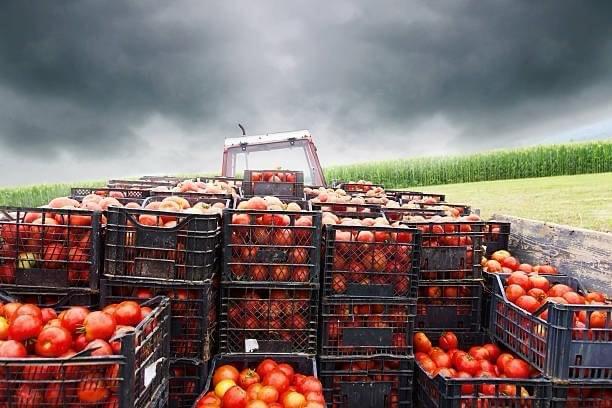By Silindzelwe Nxumalo
The National Marketing and Agricultural Board (NAMBoard) has embarked on a process to improve operational efficiency within the Trade and Regulation Unit by updating all customer accounts.
According to the statement issued by the board, all traders are requested to ensure that their contact details and debtors’ account balances are up to date by the end of the current financial year which is 31 March 2024.
The board stated that traders who have not yet updated their details and accounts are urged to visit their Head Office in Manzini, at the Corner of Masalenkhundleni and Mbhabha Street Manzini to update their contact details and accounts with their Finance Department.
ALSO READ: Growth in tomato, beetroot production compels NAMBoard to restrict imports
NAMBoard added that from April 1, 2024, those traders whose debtor’s account balances will still be in arrears shall not have their permits renewed.
“They will be required to make upfront payments to clear any arrears before requests for permit renewal can be processed,” announced the board.

Furthermore, NAMBoard stated that applications for permits and renewals by those traders with updated particulars and financial records can be sent electronically and permits will be issued timeously upon receipt of proof of payment.
“Alternatively, hard copies may be collected at our Head Office. Traders with updated particulars and financial records must ensure that they obtain their updated debtors’ statements from NAMBoard at the end of every month,” advised NAMBoard.
ALSO READ: NAMBoard rejects vegetables due to poor quality
The board also stated that the trade and regulation unit at NAMBoard is responsible for monitoring, researching, and analyzing the trade of scheduled products in the country.
They said it is a resource centre for trade statistics and economic policy research information for scheduled products.
They explained that the purpose of this unit is to facilitate the implementation of statutory measures or the regulation of scheduled agricultural products, a function that strengthens the local trade of agricultural products and amplifies the processes intended to promote the growth and efficiency of the marketing of agricultural products in the country.
“Through ongoing stakeholder engagements with traders, vendors, farmers, processors, retailers, and consumers, we can execute decisions that create a fair-trade environment for all value chain players,” they said.


